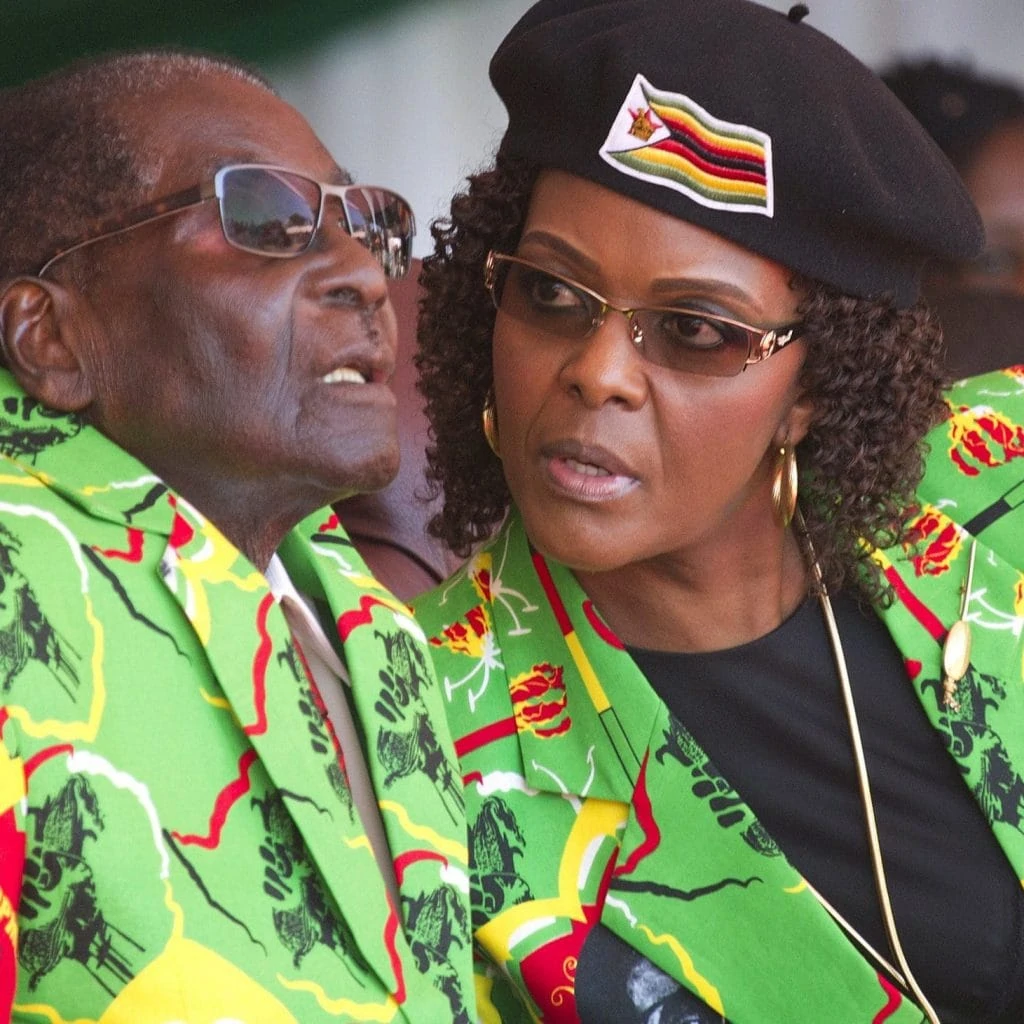For a long time the power of Robert Mugabe in Zimbabwe seemed untouchable. Now his army has unexpectedly placed him under house arrest in a cloak-and-dagger operation and disempowered his next entourage. Our staff and partner organisations confirm that the situation in the country has so far remained calm.
Sascha Tankerville, Media and Information
Updated 12.12.2017 (see below)
For 37 years Robert Mugabe has led the fortunes of Zimbabwe. As a leader in the fight for his country's independence and the subsequent establishment of a free Zimbabwe, he has brought good times to his compatriots. In the last two decades, however, his government has been increasingly marked by economic decline, exploitation and political repression. Unexpectedly, the military put an end to his rule on the night from Tuesday to Wednesday. Until now, it has been non-violent. Without bloodshed, it took control of key government offices, media and airports and arrested parts of the country's leadership. Mugabe and his entourage have since been under house arrest.
Employees in safety
Naturally, we, terre des hommes schweiz, are concerned about the safety of our three employees who together represent our organisation on site. We are in regular contact with them and their feedback so far has been reassuring. They are doing well and they are safe. In Harare, the situation is quiet, with only an unusually large military presence in the streets. However, until the situation has eased, our people are staying at home for security reasons. We are receiving similar reports from our four partner organisations in Harare and Bulawayo (second largest city in Zimbabwe).
Cautious optimism
It appears that the situation in the country in general remains largely calm. So far, the military coup has mainly taken place in the capital Harare. There, according to media reports, cautious optimism seems to prevail among the population. Every change is accepted as long as it ends the term of office of Mugabe, who plundered the country with his family for years. It was the final straw that last week Mugabe deposed his long-standing Vice President Emmerson Mnangagwa, who has excellent connections with the armed forces and the police. This was interpreted as a confirmation that Robert Mugabe is establishing his wife Grace, nicknamed "Gucci Grace" because of her penchant for luxury shopping, as his successor, which, according to the British newspaper The Guardian, is not accepted by the majority of the population.
Uncertain future
Since Mugabe's government has greater support in rural areas, it remains to be seen whether the transfer of power will continue to take place without violent clashes. According to media reports, talks are currently taking place between the army leadership, Mugabe and his entourage and the country's opposition. Mediation by neighbouring states such as South Africa will also be decisive. However, it is difficult to say at this stage what path Zimbabwe and its rulers will take in the coming days and to what extent the country can hope for long-needed reforms.
Updates:
21.11.2017 (Hafid Derbal - Programme Coordinator Zimbabwe)
Robert Mugabe has resigned. What two weeks ago the most optimistic analysts would not have bet a Zimbabwean cent on has become reality since the evening of November 21, 2017. There is jubilation among the population and in parliament, because too many have suffered under Mugabe's regime over the past decade. However, there is no reason for euphoria, because only the leadership has changed, but not the power. It remains in the hands of the ruling party, and it will have to prove whether it can now introduce and implement the much-needed reforms to restructure the economy and increase freedoms.
12.12.2017 (Hafid Derbal)
The new president Emmerson Mnangagwa has named his new cabinet and it is confirmed that Zimbabwe has experienced more of a change in leadership than a change in power in the last month. The faces of the new government remain largely those of the Mugabe regime. While the new president continues to enjoy much support because of his reform-oriented stance, his cabinet has been criticised for not being broad-based enough. Neither experts nor the opposition are allowed to play a role for the time being, although these forces could provide an important impetus to an urgently needed reform agenda. Although the economy is expected to recover somewhat under the new leadership, democratic and governmental reforms are now moving into the distant future. Last but not least, this has also increased the likelihood that the planned presidential elections will take place in 2018. However, it is doubtful whether these elections will then be fair and free.


